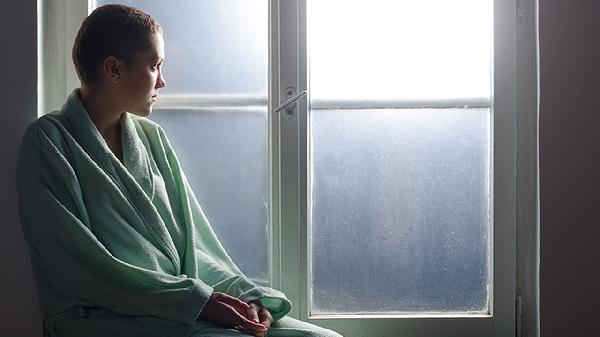Many people have probably experienced this: they can't fall asleep easily at night, and when they finally do manage to sleep during a certain period, they wake up feeling groggy, with dark circles and heavy bags under their eyes, not at all like someone who just woke up refreshed.
This situation is actually quite understandable—it’s a classic case of sleep deprivation. Even if you desperately want to fall asleep, external disturbances can prevent you from doing so, and even if you do fall asleep, it’s often restless, with the slightest noise waking you up. But why do people who sleep for long periods wake up feeling just as bad as those who are sleep-deprived? This puzzles many.

In reality, this is related to a person’s qi and blood. Insufficient qi and blood is known as blood deficiency, and there’s also a condition called yin deficiency. This depends on an individual’s physical constitution and lifestyle habits. If someone is extremely weak, often falls ill, or lacks proper nutrition, it can also lead to insufficient qi and blood. Generally, a normal adult needs about eight hours of sleep to feel energetic throughout the day. However, if they sleep for more than ten hours, they may wake up feeling physically weak and mentally exhausted—a common occurrence for many.
Of course, feeling more tired the longer you sleep isn’t solely due to physical weakness. Another possible reason is that prolonged sleep can lead to prolonged oxygen deprivation in the brain, resulting in poor mental state upon waking, which in turn reduces learning and work efficiency the next day. Generally, when a person enters a sleep state, the left and right brains work in tandem, with certain parts of the brain resting. As a result, blood circulation slows down, breathing becomes shallower, and oxygen supply decreases compared to when awake. Therefore, sleeping too long can lead to a groggy feeling.
Sleeping too long or too early isn’t ideal, and it doesn’t necessarily mean better sleep quality. So, how can you improve sleep quality? Here are a few simple tips.
First, you need a quiet sleeping environment. A good sleep environment ensures that you aren’t disturbed by external factors when trying to fall asleep. Second, you can stretch your legs slightly before closing your eyes to get your body moving a bit, promoting blood circulation and preventing brain fatigue. Finally, find a sleeping position that suits you. Most people are used to lying on their backs, but if you really can’t fall asleep, you can try lying on your side with your body slightly curled. However, try to avoid lying on your left side, as the heart is slightly closer to the left and being pressed might lead to nightmares. In short, sleep time should be moderate—otherwise, you’ll only end up suffering.
























